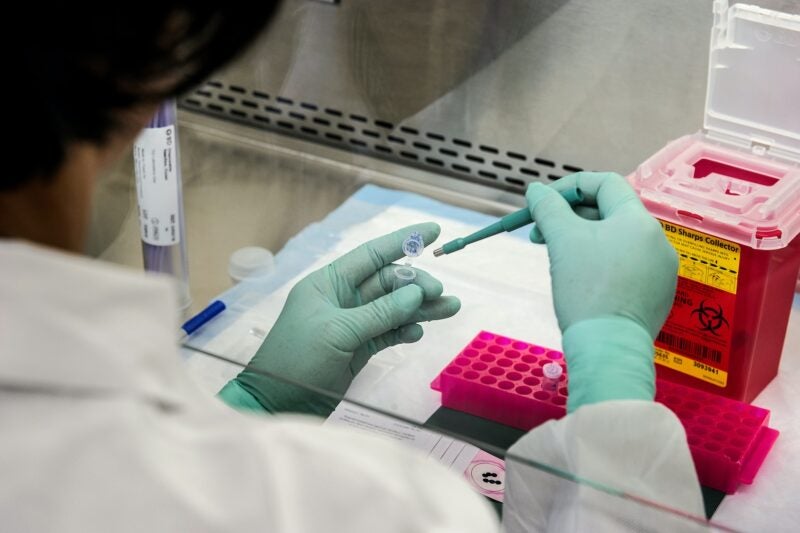
In vitro diagnostics products maker Fujirebio has launched the Lumipulse G ApoE4 and Lumipulse G Pan-ApoE assays for research use only (RUO) for the fully automated LUMIPULSE G Systems.
The H.U. Group subsidiary has designed the chemiluminescent enzyme immunoassay (CLEIA) assays to enable the quantitative measurement of the E4 isoform of the apolipoprotein E (ApoE4), specifically, and for all isoforms of the same protein (Pan-ApoE), respectively, in human plasma under 35 minutes.
Fujirebio said that the two new assays further extend its fully automated blood-based biomarker portfolio.
Fujirebio Europe CEO and neuro business global head Christiaan De Wilde said: “One year after the release of the first blood-based biomarkers for Alzheimer’s disease on our robust LUMIPULSE G platform, Fujirebio adds another two markers to its steadily growing portfolio.
“These new assays will further support biomarker research in the field of neurodegenerative diseases, an important mission for Fujirebio.”
Both assays complement the blood-based biomarker panel of RUO assays for β-amyloid1-42, β-amyloid1-40, phospho-Tau181 and neurofilament light, along with five already available cerebrospinal fluid (CSF)-based assays of the Lumipulse G Neuro product range.
Fujirebio said that the Lumipulse G ApoE4 and the Lumipulse G Pan-ApoE assays will enable researchers to further assess the clinical utility of the quantification of the ApoE protein in Alzheimer’s disease and related disorders on the LUMIPULSE G platform.
The platform has the necessary throughput and matches the regulatory needs to support potential future use of blood-based testing of these markers, the in vitro diagnostics products maker added.
Last month, Fujirebio and its fully-owned subsidiary Fujirebio Diagnostics entered into a partnership with South Korea-based AriBio to advance the development of biomarkers for Alzheimer’s and other neurodegenerative conditions.






